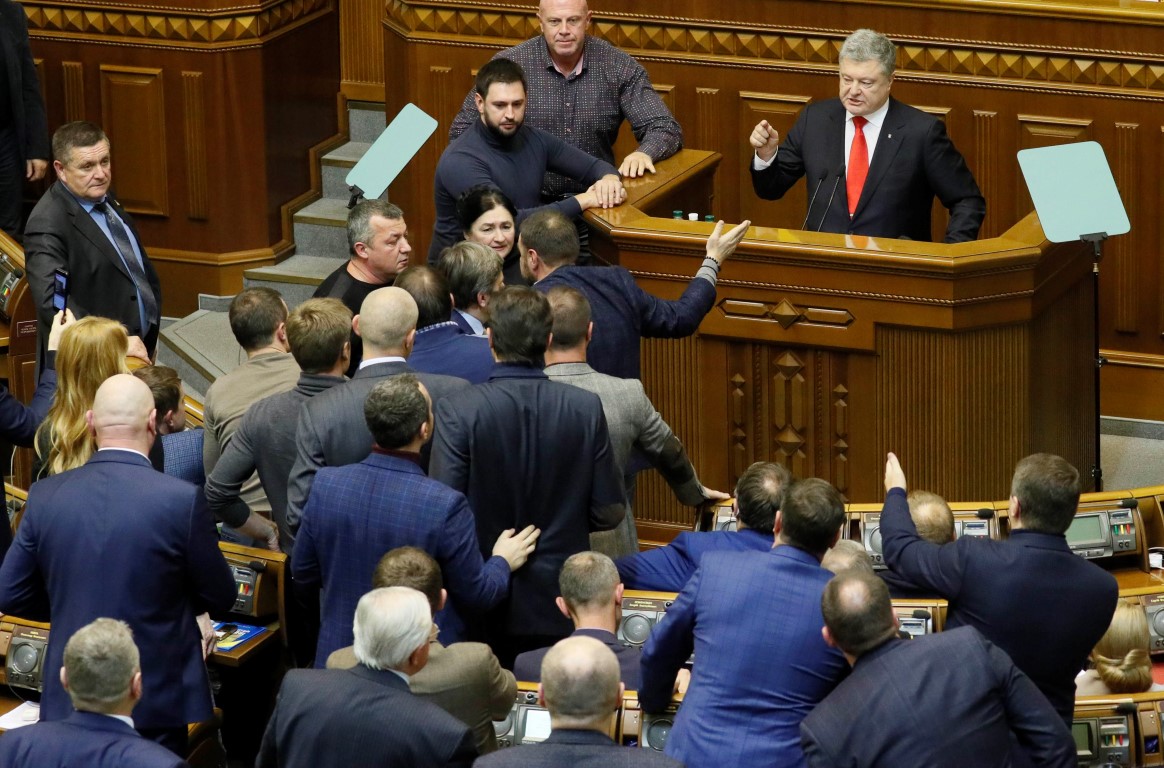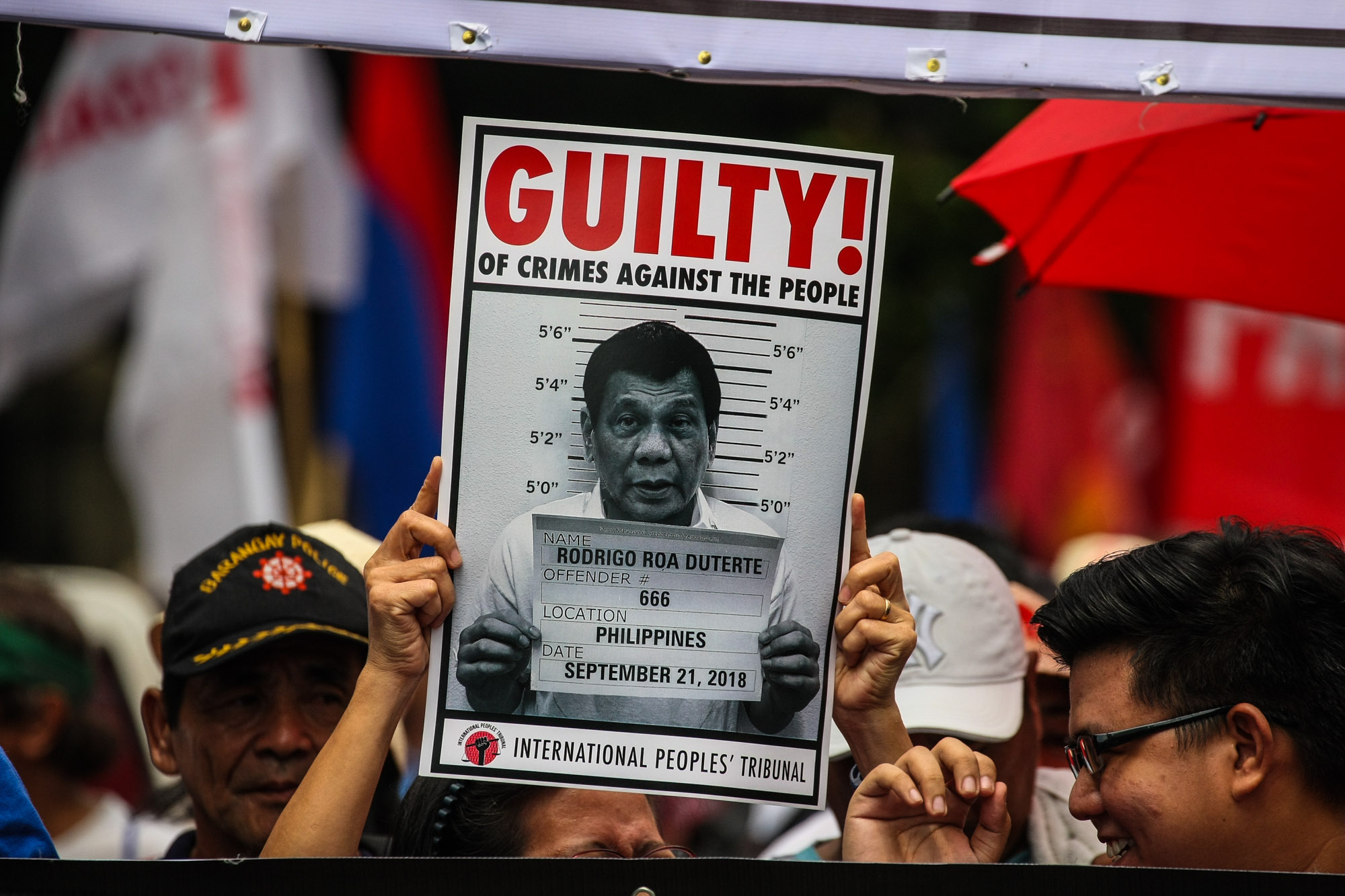
That was not martial law, nor did the president call it martial law. “Moreover, although lacking authority to replace civilian authorities with federal troops, the president has ample authority under current law to deploy troops to assist civilian law enforcement.” Trump took that step recently when he sent federal troops to Portland, OR, saying he was sending them to protect federal property.

And many of those questions cannot be answered due to “sparse and confusing legal precedent,” the report states. Still, there are many unanswered questions surrounding martial law and when it can be used. Constitution and are subject to review in federal court.” State officials do have the power to declare martial law, but their actions under the declaration must abide by the U.S. “Congress might be able to authorize a presidential declaration of martial law, but this has not been conclusively decided. It concludes that under current law, the president lacks any authority to declare martial law,” the report says. To do so, it draws on recent legal scholarship, the few rules that can be gleaned from Supreme Court precedent, and general principles of constitutional law. “This report aims to clear up the confusion that surrounds martial law. RELATED: Voting safety a concern as November looms largeīanks consulted with the Brennan Center for Justice recently on its new report on martial law, which calls the edict confusing at best and certainly misunderstood by most. RELATED: Ginsburg leaves legacy of fighting for equality “There is absolutely no history or law to justify it.” “It would be entirely unprecedented and an outrageous abuse of authority,” said William Banks, a Syracuse University College of Law Board of Advisors distinguished professor and emeritus professor at the College of Law and the Maxwell School as professor of public administration and international affairs. Most recently the term made headlines when former self-proclaimed dirty trickster Roger Stone, a former campaign advisor to President Donald Trump, suggested that if Trump loses the election in November, he should invoke martial law. In these politically divisive times, however, the term has made its way into newspaper headlines, into Facebook and Twitter posts and even the nightly broadcast news.

Martial Law, until recent years, was a concept for military intervention most Americans only thought of in relation to war – World War II, when it was declared in Hawaii after the Japanese attack on Pearl Harbor.


 0 kommentar(er)
0 kommentar(er)
